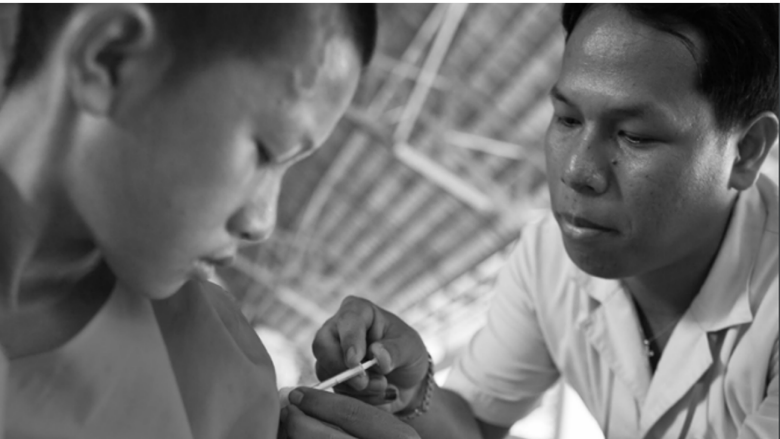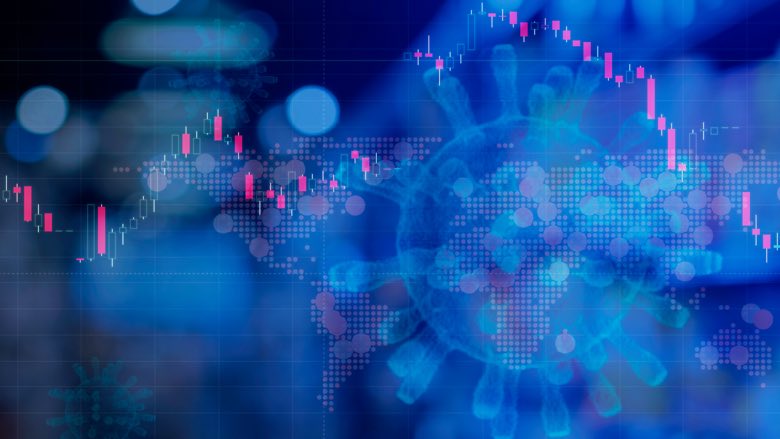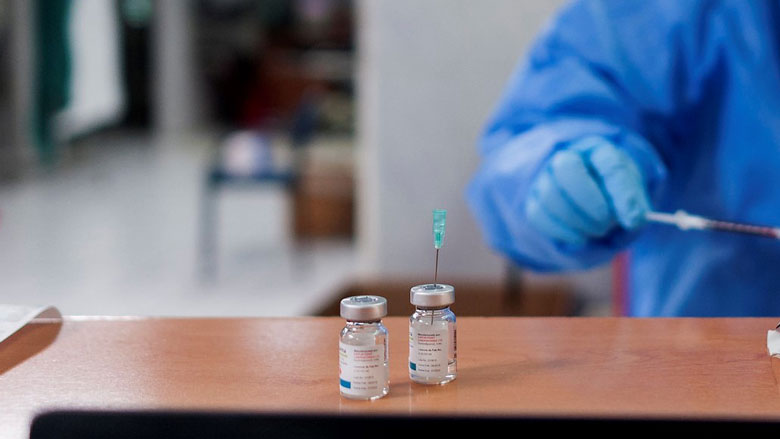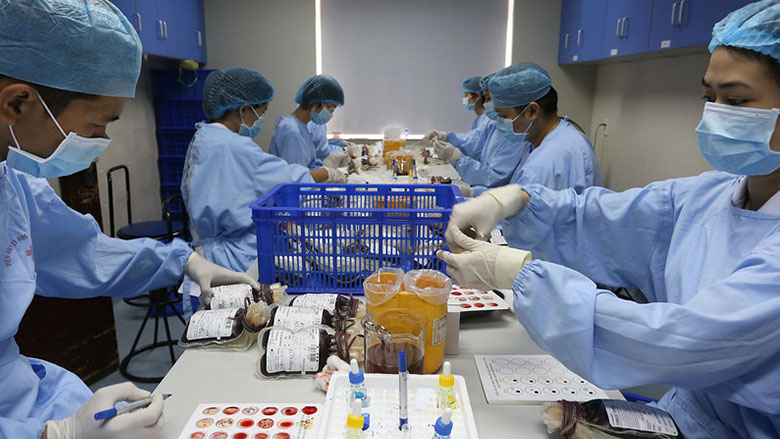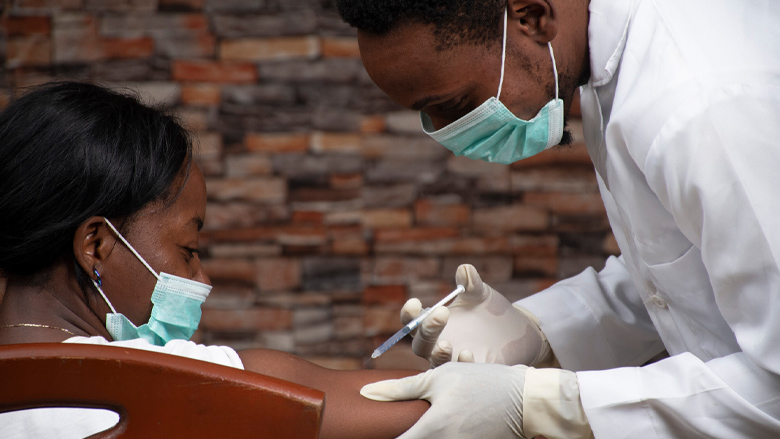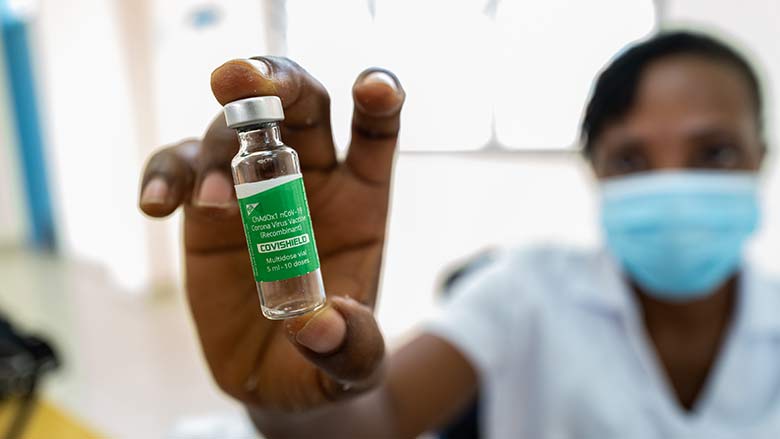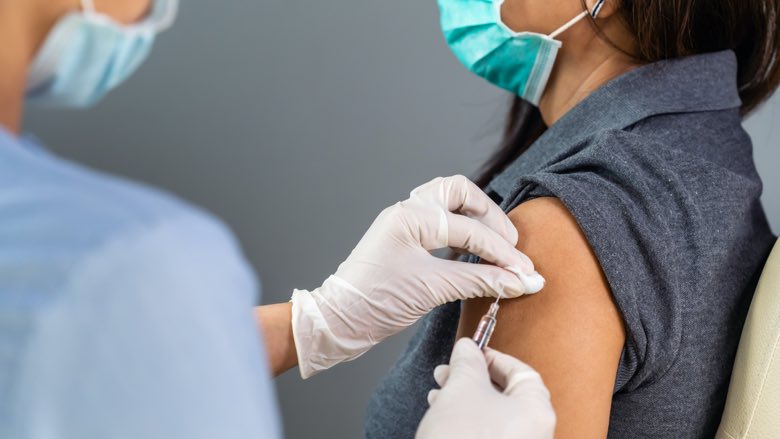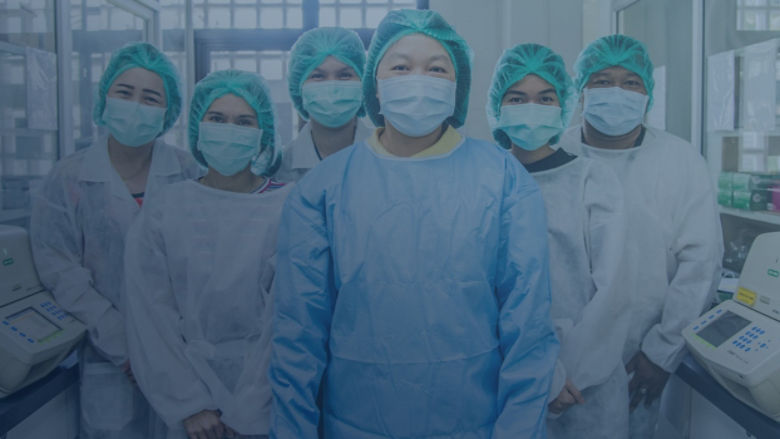
Resources
Accelerating COVID-19 Vaccine Deployment : Removing Obstacles to Boost Coverage Levels and Protect Those at High-risk
This report analyzes the deployment capacity of 34 countries which had less than 10% vaccination coverage by January 2022, identifying strong leadership engagement and commitment to detailed and costed vaccination plans as essential and highlights the importance of strengthening national health care systems.
Emergency Financial Assistance
The IMF is providing financial assistance and debt service relief to member countries facing the economic impact of the COVID-19 pandemic. This page provides an overview of assistance approved by the IMF’s Executive Board since late March 2020 under its various lending facilities and debt service relief financed by the Catastrophe Containment and Relief Trust (CCRT).
World Bank Support for Country Access to COVID-19 Vaccines
The World Bank Group is working with partners on the largest vaccination effort in history, to stop the COVID-19 pandemic. See the latest project financing, project documents and procurement information.
The World Bank Group’s Response to the COVID-19 Pandemic
Learn how we are coordinating with partners to accelerate the international response and support countries to manage the global health emergency
Tracking the pandemic
WHO has been tracking the epidemiological progression of the COVID-19 pandemic since the first reported cases of the new SARS-CoV-2 virus were detected. Working with global partners, WHO provides up to date national, regional and global detail on confirmed cases, deaths and vaccine doses administered.
News Updates
View the latest news content in relation to the work of the Multilateral Leaders Task Force on COVID-19.
COVID-19 Policy Tracker
This policy tracker summarizes the key economic responses governments are taking to limit the human and economic impact of the COVID-19 pandemic. The tracker includes 197 economies.
Ensuring vaccine equity
WHO has worked with partners to develop safe and effective COVID-19 vaccines in record time. But most have been administered in high- and upper-middle-income countries. The global failure to share vaccines equitably is impacting the world’s poorest and most vulnerable people. Equitable vaccine access can slow the pandemic, save lives and secure a global economic recovery.
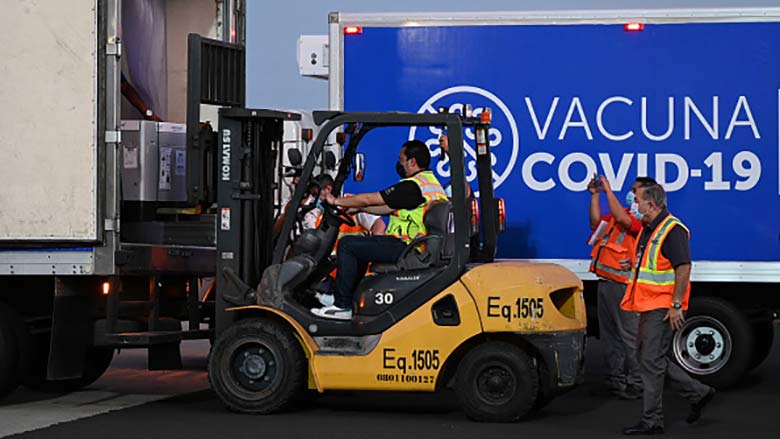
Trade Transparency
The WTO has undertaken extensive monitoring of the full range of trade policy measures member governments have taken in response to the pandemic outbreak.
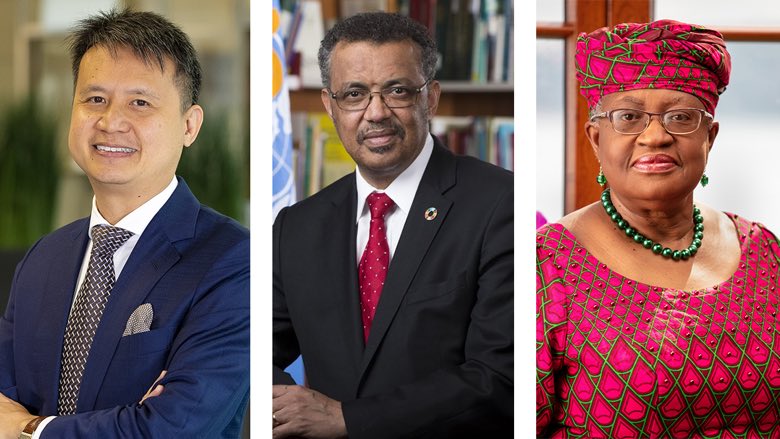
Building a constructive dialogue
In cooperation with its international partners, the WTO has hosted high-level events on expanding vaccine manufacturing capacity, ensuring vaccine supply chains and regulatory transparency, and promoting vaccine equity.
A Proposal to End the COVID-19 Pandemic
Urgent steps are needed to arrest the rising human toll and economic strain from the COVID-19 pandemic that are exacerbating already-diverging recoveries. Pandemic policy is also economic policy as there is no durable end to the economic crisis without an end to the health crisis.
IMF COVID-19 Hub
The IMF assists countries hit by crises by providing them financial support to create breathing room as they implement adjustment policies to restore economic stability and growth. It also provides precautionary financing to help prevent and insure against crises. The IMF’s lending toolkit is continuously refined to meet countries’ changing needs.
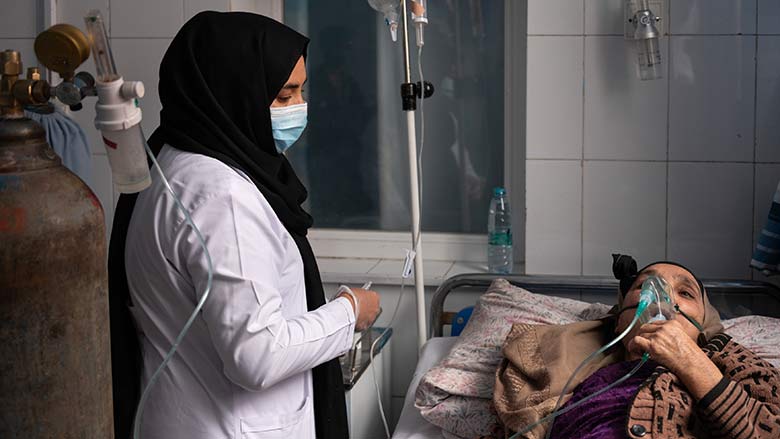
Strengthening COVID-19 response
COVID-19 has demonstrated the weakness of health systems worldwide to prevent and respond to pandemics, and protect and care for patients. WHO is working with partners to identify and scale-up needed health systems capacities to respond to this threat.
The Access to COVID-19 Tools (ACT) Accelerator
The Access to COVID-19 Tools (ACT) Accelerator is a groundbreaking global collaboration to accelerate development, production, and equitable access to COVID-19 tests, treatments, and vaccines. Ten organizations have joined forces to speed up an end to the pandemic by supporting the development and equitable distribution of the tools the world needs to reduce mortality and severe disease, restoring full societal and economic activity globally in the near term, and facilitating high-level control of COVID-19 disease in the medium term.
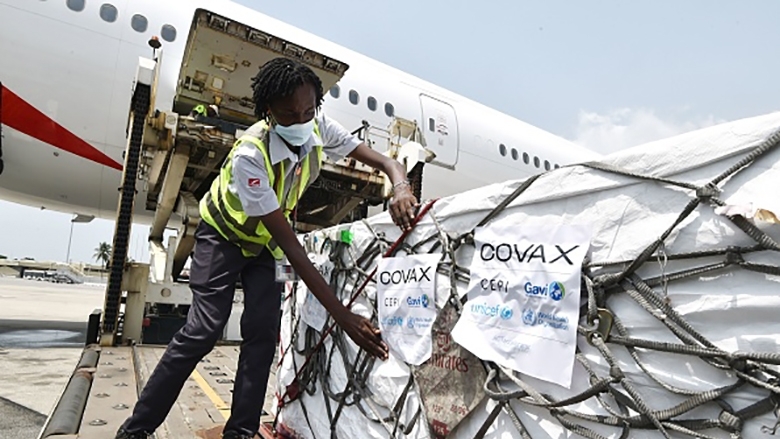
Analysis and policy support
The WTO has been active in policy dialogue, analysis and technical assistance, producing a range of reports and papers shedding light on issues such as the nature of trade barriers and their effect on vaccine production and delivery, as well as tracking cross border flows of critical inputs.
